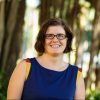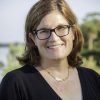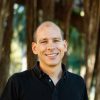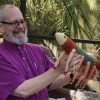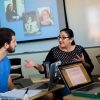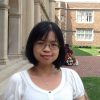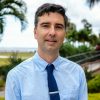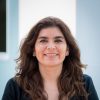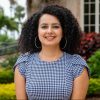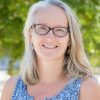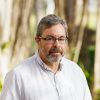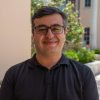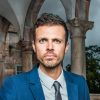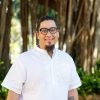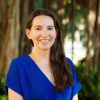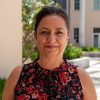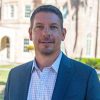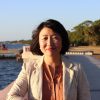Humanities emphasizes library research skills, from careful and deep reading to using digital resources of all kinds. Humanities students generally work extensively in the library or on the library website to develop fine-tuned search skills. They are also likely to earn advanced degrees, from the Ph.D., J.D. or MFA, to library degrees including the Master of Science in Information Sciences and Master of Library Science. Our graduate placement record with nationally-ranked programs is excellent, and our graduates have worked in the Library of Congress, Hollins University and public libraries.
Language Placement Exam Information: New College offers an online placement exam in Spanish, French and German in order to place students in the appropriate class. Chinese, Greek, Hebrew, Latin and Russian do not use the online placement exam; faculty in those areas can provide you with more information. Once you are admitted to New College, you will be able to access detailed information on language placement exams through our community portal, myNCF. Faculty will confirm your placement after you arrive in August through some combination of questionnaires, writing samples and individual conversations.
Humanities Division AOCs
Humanities Faculty
